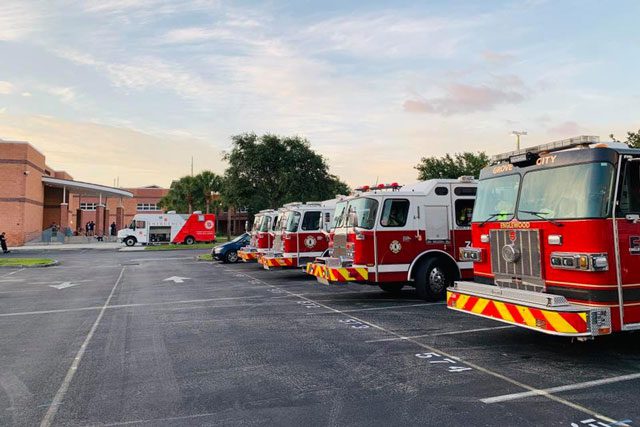Participants must make a 90-day commitment to the program, which includes an initial budgeting course.

According to Case Manager Tennille Spears, they reached a point where they were getting a host of referrals for people who had already been evicted.
“If they know they are going to run into trouble down the road, we want to get them at that point,” Spears said, “prior to them receiving an eviction or just avoiding their landlord.”
The Eviction Diversion program, which began in December 2013, was originally modeled after a similar project developed by Major Paul Moore, La Crosse Corps Officer, during his appointment in nearby Madison. According to Moore, Madison’s Eviction Diversion program boasts an 85 percent success rate for keeping graduates in their housing six months after finishing the program.
Spears typically works with 10-12 people at a time for a minimum of 90 days each. She follows up with those who complete the program to monitor their success in maintaining housing. Qualified residents can be referred by a landlord or case manager. They can also contact The Salvation Army directly.
To be eligible for the program, families and individuals must have a source of income, a lease in their name, no eviction notice, no immediate need for financial assistance and a desire to become more self-sufficient.
Change Participants must also make a 90-day commitment to the program, which includes an introductory budgeting course with the Consumer Credit Counseling Service.
The Salvation Army separately offers a rental assistance program as well as an emergency shelter in La Crosse, where 23.5 percent of residents live below the poverty line. Wisconsin’s state average is just 12.5 percent.
In Wisconsin, landlords can begin an eviction on the basis of non-payment of rent, as in any state. In addition, they can take action on the basis of a violated rental lease due to damage to the property, criminal activity or even failure to maintain a yard. Landlord foreclosures have also contributed to tenant eviction in La Crosse as several residents who entered The Salvation Army’s emergency shelter were unknowingly paying rent to a house that was already in foreclosure, according to Social Services Director Kelly Waddell.
Out of the 96 families, only two have revisited the program, which Spears said is the ultimate goal.
“We want families to be in the program to create a change,” she said, “not to just provide them with money one time and watch them be in the same predicament two months later.”

Listen to this article











